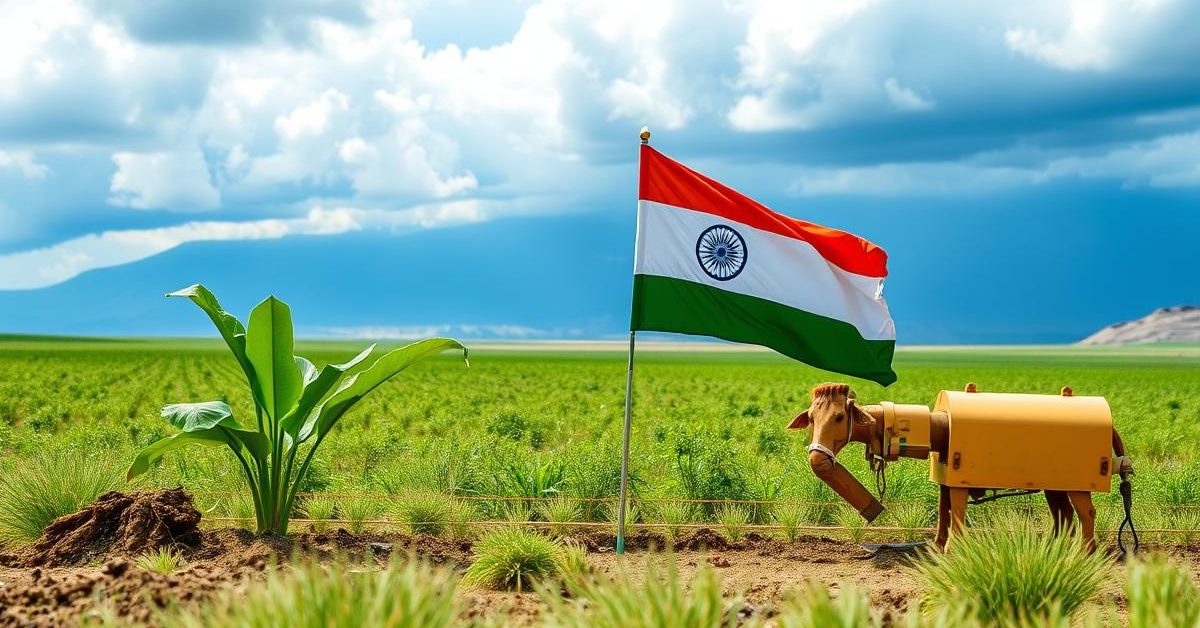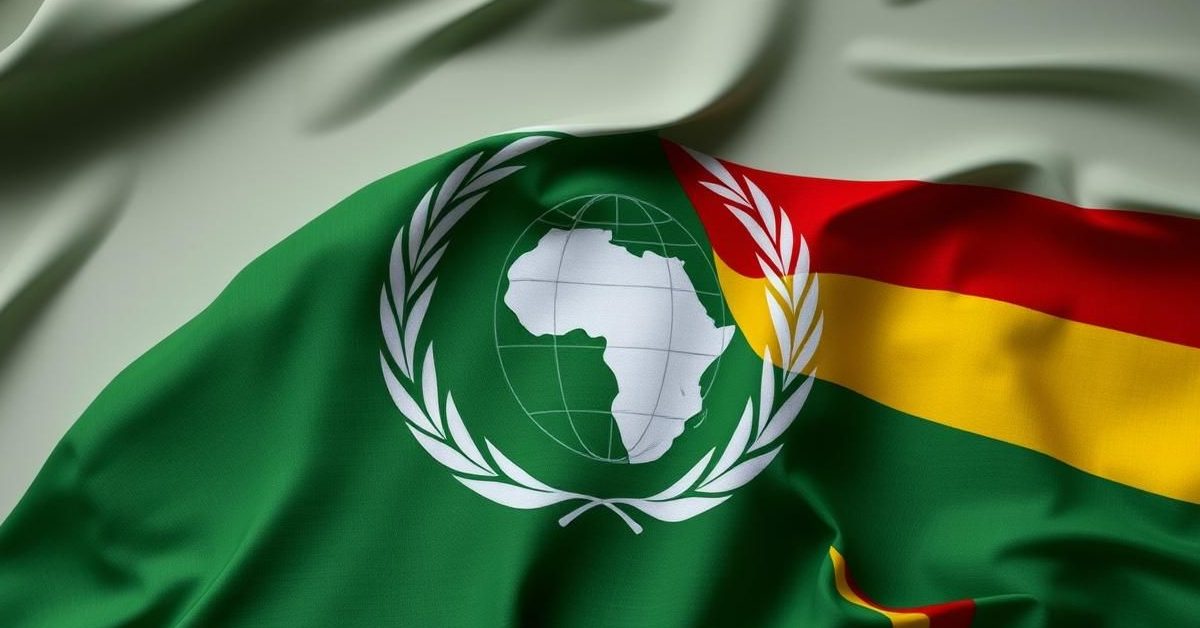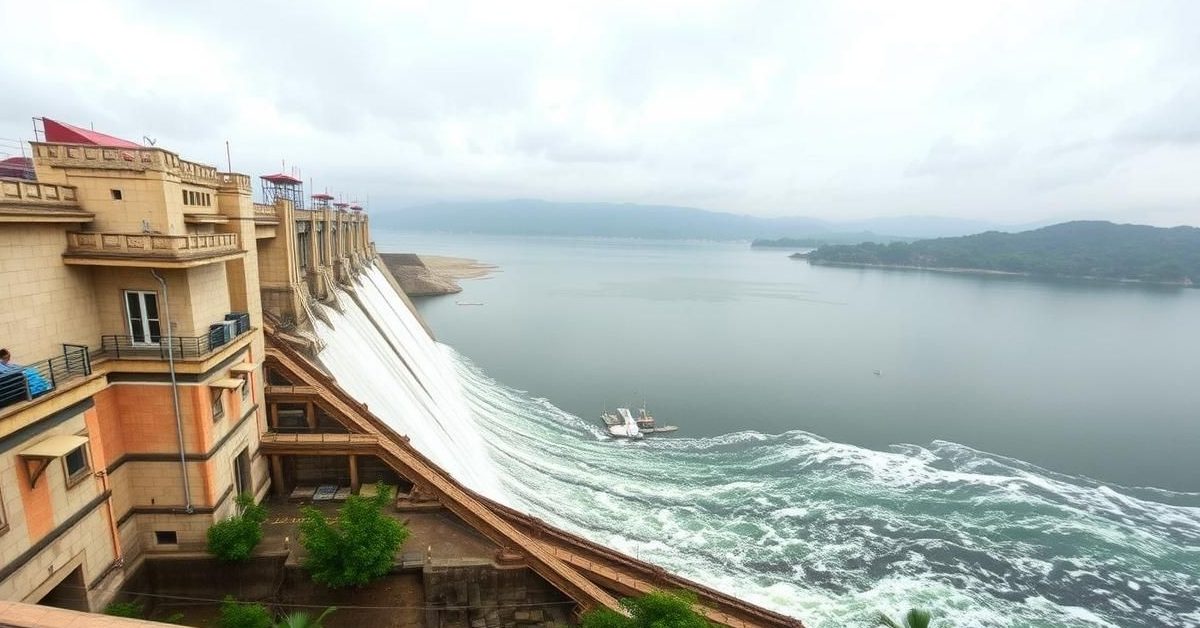India is expanding its global leadership through key initiatives like the Global Biofuels Alliance (GBA) and the Coalition for Disaster Resilient Infrastructure (CDRI), recently welcoming Namibia as a new member.
India’s Growing Global Footprint
Prime Minister Narendra Modi recently concluded a significant five-nation tour, making a historic stop in Namibia. This marked the first visit by an Indian Prime Minister to the southern African nation in nearly three decades.
During the visit, India and Namibia announced a new digital payment system and an Entrepreneurship Development Center. Crucially, Namibia also joined two major India-led global initiatives: the Global Biofuels Alliance and the Coalition for Disaster Resilient Infrastructure.
Driving Energy Transition with the Global Biofuels Alliance (GBA)
The Global Biofuels Alliance was officially launched during the G20 summit hosted by India in 2023. Its core aim is to boost international cooperation, accelerate the use of sustainable biofuels, and facilitate global trade and technical support for national biofuel programs.
Spearheaded by India, the United States, and Brazil, the GBA started with nine initiating members. As of July 2025, the alliance has grown to include 29 countries and 14 international organizations, highlighting its growing influence.
Biofuels are renewable energy sources derived from biomass, like plants, agricultural waste, or even industrial biowaste. They offer a cleaner alternative to traditional fossil fuels, with ethanol and biodiesel being common examples. These sustainable options are vital for reducing greenhouse gas emissions, especially in the transportation sector.
Building Resilience with CDRI
The Coalition for Disaster Resilient Infrastructure (CDRI) was launched by PM Modi at the UN Climate Action Summit in September 2019. It’s a unique international partnership bringing together governments, UN agencies, development banks, and the private sector.
CDRI’s mission is clear: to enhance the resilience of infrastructure systems worldwide against climate and disaster risks. This means helping countries protect vital assets like highways, railways, power stations, communication lines, and even housing from the impacts of natural disasters.
Headquartered in New Delhi, CDRI aims to channel significant investments into resilient infrastructure globally. One of its key initiatives is the Infrastructure for Resilient Island States (IRIS), launched under CDRI during COP26 in 2021. IRIS specifically supports Small Island Developing States (SIDS), which are highly vulnerable to climate change impacts like sea-level rise and extreme weather events.
Why These Alliances Matter
These India-led initiatives underscore the nation’s commitment to addressing global challenges, from climate change and sustainable energy to disaster preparedness. They showcase India’s proactive role on the international stage, fostering collaboration and sharing expertise to create a more sustainable and resilient future for all.
- The Global Biofuels Alliance promotes sustainable energy and international cooperation in biofuels.
- The Coalition for Disaster Resilient Infrastructure helps countries protect vital infrastructure from climate and disaster risks.
- India is at the forefront of these global efforts, demonstrating its growing international leadership.
Beyond Biofuels and Resilience: Other Key Indian Initiatives
India’s global leadership extends to several other impactful initiatives. The International Solar Alliance (ISA), launched with France in 2015, aims to expand solar energy use worldwide and mobilize significant investments.
In conservation, the International Big Cat Alliance (IBCA), launched in 2023, focuses on protecting seven major big cat species globally. Furthermore, the Green Credits Initiative, introduced at COP28, encourages voluntary environmental actions, such as planting on degraded land, separate from traditional carbon credit systems.
These diverse initiatives highlight India’s comprehensive approach to global challenges, solidifying its position as a key player in international collaboration and sustainable development.















